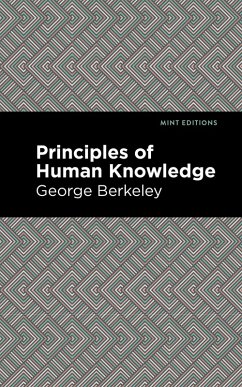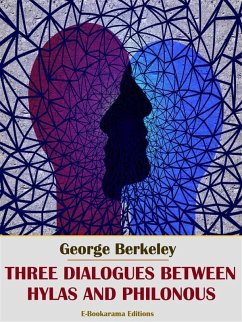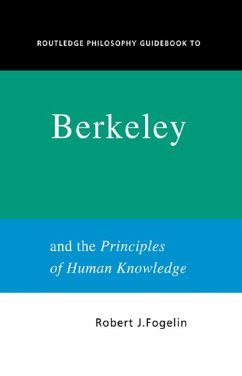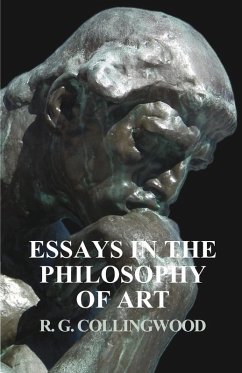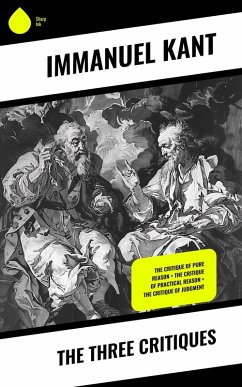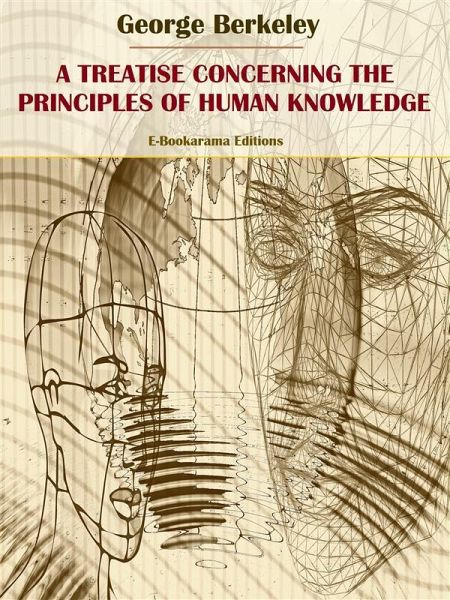
A Treatise Concerning the Principles of Human Knowledge (eBook, ePUB)
Sofort per Download lieferbar
1,99 €
inkl. MwSt.

PAYBACK Punkte
1 °P sammeln!
Published in 1710, George Berkeley's "A Treatise Concerning the Principles of Human Knowledge" presents a form of Metaphysical Idealism which asserts that there are two kinds of reality, idea and spirit. Ideas are real because they can be perceived. Spirit is real because it can have ideas, and because it can perceive them. Berkeley argues that ideas are derived from physical and mental perceptions, from memory, and from imagination. The existence of an idea depends on its being able to be perceived. An idea does not exist unless it is perceived. According to Berkeley, "esse est percipi" ("to ...
Published in 1710, George Berkeley's "A Treatise Concerning the Principles of Human Knowledge" presents a form of Metaphysical Idealism which asserts that there are two kinds of reality, idea and spirit. Ideas are real because they can be perceived. Spirit is real because it can have ideas, and because it can perceive them. Berkeley argues that ideas are derived from physical and mental perceptions, from memory, and from imagination. The existence of an idea depends on its being able to be perceived. An idea does not exist unless it is perceived. According to Berkeley, "esse est percipi" ("to be is to be perceived"). The existence of an idea cannot be separated from its being perceived. If an idea or object is not perceived, then it does not exist. George Berkeley, known as Bishop Berkeley (Bishop of Cloyne of the Anglican Church of Ireland), was an Anglo-Irish philosopher whose primary achievement was the advancement of a theory he called "immaterialism" (later referred to as "subjective idealism" by others).
Dieser Download kann aus rechtlichen Gründen nur mit Rechnungsadresse in A, B, BG, CY, CZ, D, DK, EW, E, FIN, F, GR, HR, H, IRL, I, LT, L, LR, M, NL, PL, P, R, S, SLO, SK ausgeliefert werden.




